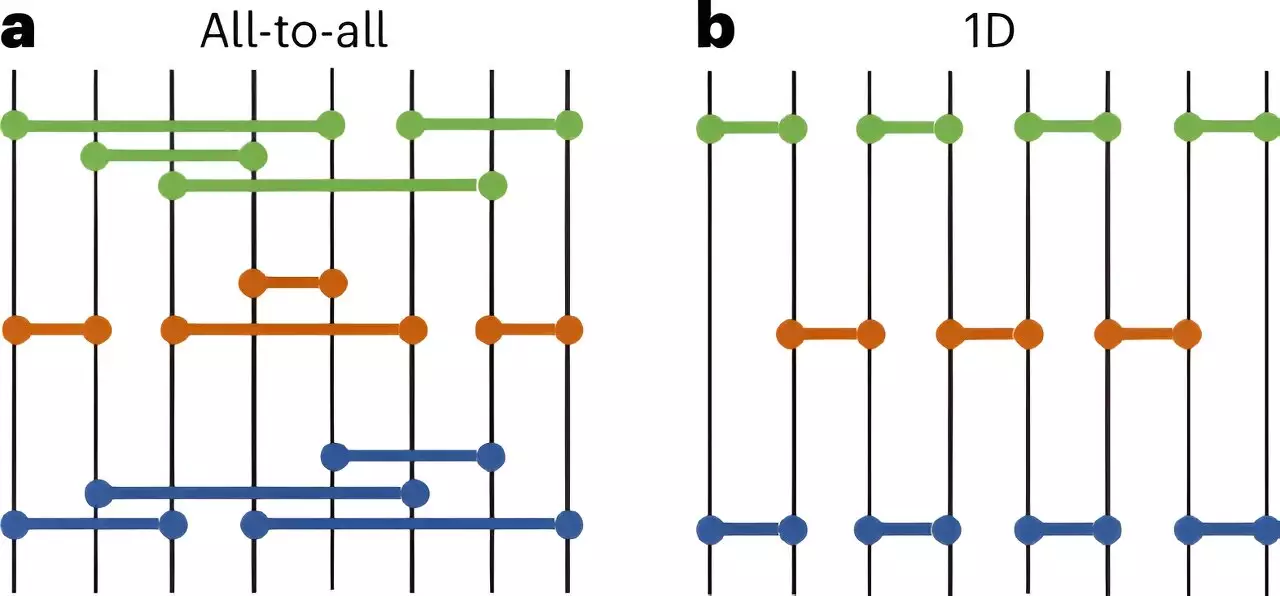Quantum computing has emerged as a powerful tool for solving complex problems and pushing the boundaries of scientific understanding. As researchers delve deeper into the potential of quantum systems, the importance of quantum error correction has come into focus. It is crucial to enhance the accuracy and reliability of quantum computers to fully leverage their practical applications in various fields from fundamental science to future technology advancements.
Breakthrough Research on Quantum Error Correction
A recent study published in Nature Physics on September 3, 2024, sheds light on a groundbreaking discovery in the realm of quantum error correction. The research highlights a novel method to distinguish nontrivial quantum error correction codes from trivial ones, establishing a clear boundary line that is not arbitrary. This fundamental progress in understanding quantum systems opens up new avenues for applications in quantum computing, condensed matter physics, and quantum gravity.
Connection Between AQEC Code Properties and Quantum Circuit Complexity
The research team, comprising Jinmin Yi, Weicheng Ye, Daniel Gottesman, and Zi-Wen Liu, has made remarkable strides in uncovering the intricate relationship between Approximate Quantum Error Correction (AQEC) code properties and the complexity of quantum circuits. By establishing a mathematically rigorous connection, scientists can now assess the precision level of quantum codes with greater accuracy.
The implications of this discovery extend beyond quantum computing to fields such as condensed matter physics and quantum gravity. Researchers exploring topological order and entanglement conditions in quantum materials stand to benefit from the newfound tools for understanding the underlying properties of unique materials. The study of AQECs has also provided valuable insights for integrating quantum mechanics with Einstein’s theory of general relativity, offering potential solutions to long-standing challenges in physics.
Dr. Daniel Gottesman, a prominent faculty member at Perimeter Institute and Co-Director of the Joint Center for Quantum Information and Computer Science at the University of Maryland, emphasizes the significance of the new dividing line between acceptable and unacceptable quantum error correction codes. This connection to fundamental principles underpins the researchers’ discovery and underscores its broader implications for advancing scientific inquiry.
Future Prospects and Applications of AQEC
The exploration of AQECs represents a promising frontier in quantum research, with potential applications in a range of disciplines. From unraveling the mysteries of topological order in quantum materials to bridging the gap between quantum mechanics and gravitational descriptions, AQEC promises to unlock new possibilities for scientific exploration and technological innovation.
The recent research on quantum error correction marks a significant advancement in our understanding of quantum systems and their practical applications. By delving deeper into the complexities of AQECs, researchers are paving the way for transformative discoveries across various fields of study. The journey towards harnessing the full potential of quantum computing continues, fueled by the quest for precision, reliability, and fundamental understanding.


Leave a Reply